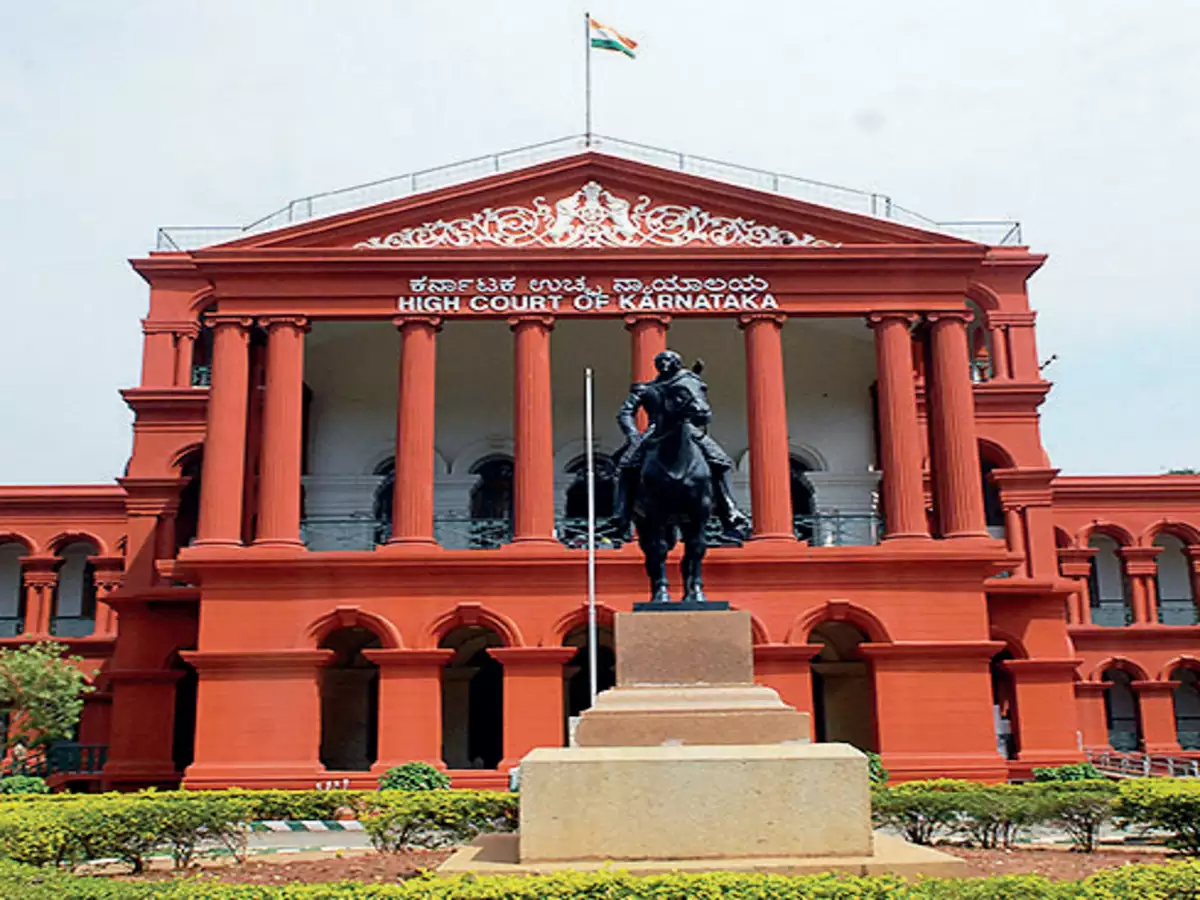In allowing a local Muslim group in Tamil Nadu’s Tirunelveli district to conduct a Muharram procession with music and drumming despite opposition from another Muslim group, the Madras High Court said on Monday that citizens’ freedom to conduct religious procession is protected under Article 19(1)(b) and (d) of the Constitution and that no one can interfere with it.
In a ruling dated July 15, Justice GR Swaminathan declared that the State has a responsibility to combat fundamentalist movements that threaten people’ fundamental rights.
“If one’s fundamental rights are under threat, the duty of the administration is to uphold the rights and put down those interfering with the exercise of the rights. Fundamental rights shall take precedence over fundamentalist forces,” the Court said.
Thus, it granted permission for the petition submitted by a person named Thameem Sindha Madar. In his petition, he claimed that although some Muslim devotees in Ervadi town, Tirunelveli, had long participated in the Muharram procession known as Santhanakoodu procession and Kuthirai Pancha, which included drumming and music, they were encountering resistance this year from another group of Muslim devotees.
This rival group, known as the Thowheed Jamath, was against the drumming and other associated rituals, claiming that they corrupted followers and that Islam should be practiced in its purest and most authentic form without them.
When the petitioner and others addressed the district authorities, they requested that the petitioners forgo continuing the drumming and related ceremonies this Muharram instead of trying to stop the opposing group from interfering with their sacred custom.
The court ruled that the district and state authorities were incorrect to allow one group to impede on another’s right to freely practice their religion, even though they had warned of potential disruptions to law and order if the petitioner continued with the drumming and other rituals.
“The petitioner and his associates have the fundamental right to conduct their religious procession. This right stands protected by Article 19(1)(b) and (d) of the Constitution of India. This right has been exercised by the petitioner’s forefathers over centuries. It is not open to Thowheed Jamath to dictate to the petitioner’s group as to how they should conduct the festival. Thowheed Jamath has no right to prevent the petitioner’s group from going on a religious procession. It is unfortunate that the District Administration chose to succumb to the threats held out by the fundamentalist elements….If the District Administration is to take the easy and lazy option of prohibiting the exercise of the right by citing law and order issues, it would betray their impotence,” Justice Swaminathan said.
As a result, the judge granted the petition and gave the local police instructions to make sure the parade had sufficient safety precautions in place. It further advised people to “stay indoors” and refrain from taking part in the Santhanakoodu parade and Kuthirai Pancha if they did not like them.
G Prabhu Rajadurai, an attorney, represented the petitioner.
Advocates T Seeni Syed Amma and S Balaji, Senior Counsel T Lajapathi Roy, Government Advocate Albert James, and Special Government Pleader K Balasubramani made appearances on behalf of the respondents.



